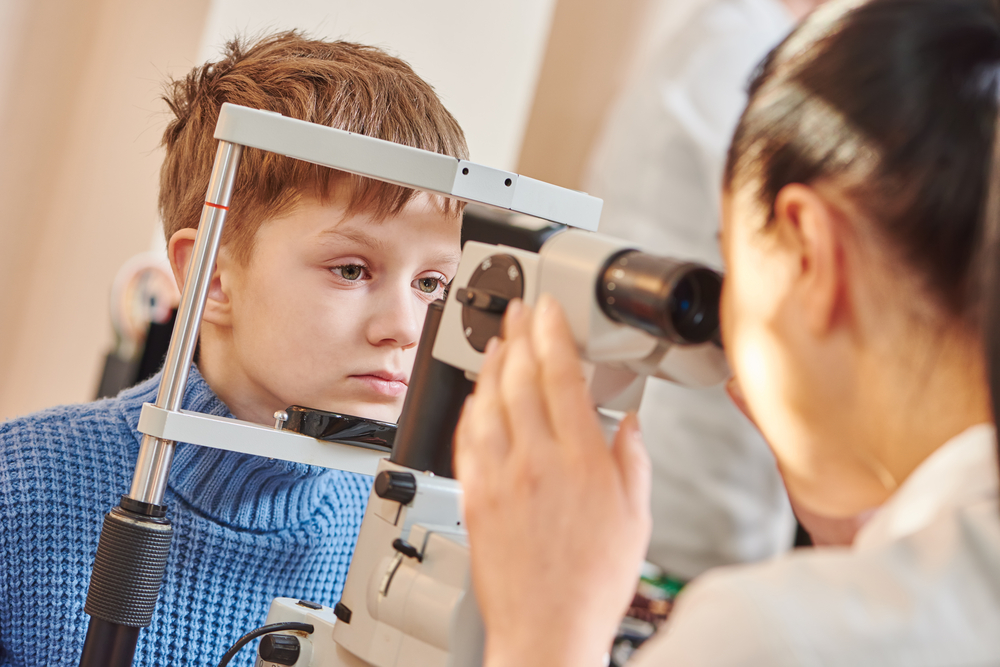
Over the last 20 years the number of children with good vision in Russia decreased in 2 times: from 8 to 4%. And in most cases blame the parents. Here are their typical mistakes:
1. Desperate attempts to raise a genius
In 3-4 years the child is not fully formed visual system: the extra load affects the eyesight of a baby is much worse than the sight of an adult. If you are on week 3 of English, 2 sessions of drawing, spelling with tutor and daily reading, stop. Otherwise you risk to get not a child Prodigy, a child with sick eyes.
2. Half-measures in the treatment

Started time to heal, didn’t pay attention to what vision “fell”? Then get ready for what is to of myopia or hyperopia is added to amblyopia, optic nerve atrophy, retinal detachment or strabismus. Any illness should be treated, otherwise it will acquire complications and spoil the child future life.
3. The lack of breaks during homework
If you prohibit to the child to get up from the table, till he does all the lessons, then you are diligence and perseverance thus grafted, and spoil his sight.
Remember how the lessons in the school: 40 minutes – then a break. You also need to do at home. Only a break do not need to switch to a smartphone or computer – encourage your child to do exercises, walk, play with the dog, etc.
4. Speaking of phones,

The kids love any technology, and parents like it when children sit quietly and calmly. That’s fine, but sessions phone games need to dose: 3 year – 15 minutes a day, 5-6 years – 20 minutes, 15-16 years – 60-90 minutes. And better still to use a computer: at least he big screen that you can move away from eyes to see Otherwise 35-40 permanent eye strain will lead to the fact that they are formed correctly.
5. Passion Badami and gymnastics for eyes
All of this is completely useless. If the child has a problem with his eyesight, we should take him to an ophthalmologist. Otherwise you lose precious time (and money to boot).
And even if a child sees well, routine examination is still needed. In 1 month, 3 months, 6 months, 1 year, 2 years, 3 years, 6 years. Otherwise you can not catch the moment when the disease just begins to show – and get complications.
What if the child was prescribed glasses, but he doesn’t want to wear them? Offer him contact lenses! They have almost no age restrictions. More important facts about lenses – in the article “Everything you need to know about contact lenses”.
